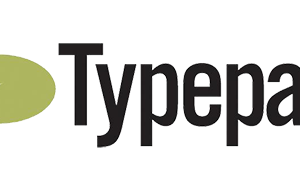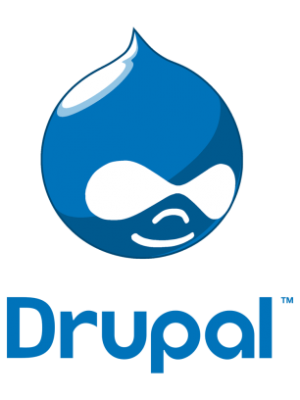 WordPress.com is an exciting blogging platform that can help you get on the internet with no cost and little work. Unlike wordpress.org where you install the script on your own hosting account and domain, wordpress.com does not require web hosting nor domain names. Everything is stored right on the wordpress.com site and you are basically up and running in a matter of minutes. That sounds like a whole bunch of advantages, no?
WordPress.com is an exciting blogging platform that can help you get on the internet with no cost and little work. Unlike wordpress.org where you install the script on your own hosting account and domain, wordpress.com does not require web hosting nor domain names. Everything is stored right on the wordpress.com site and you are basically up and running in a matter of minutes. That sounds like a whole bunch of advantages, no?
For new webmasters, this is the ideal solution to express yourselves and get your opinions published without the hassle of dealing with web hosting, php and editing template files…
So let’s take a look at the advantages and disadvantages of using WordPress.com as a blogging platform…
Pros:
- Because many people accept wordpress as a standard blogging platform, there are millions of people in the community who can help and also develop special features. This means that it is next to impossible for the site to fail. A lot of people propel it forward causing it to remain current, active and useful.
- There are many designs or layouts called themes that are offered for free so changing the look of your page or website is a snap. And even if you do not find the right theme, you could hire someone very cheaply to make what you need.
- The site is quite versatile allowing you to upload from a Blackberry, iPhone, internet or email and lets you use up to 3 gigabytes of space which is enormous. Just think how much space 2,500 pictures takes up on your hard drive and you will understand the size of the free account.
- WordPress.com offers the service in over 50 languages and does not limit you on how many blogs you can start and maintain.
- You can choose a keyword specific name or something that best describes your niche to call your new blog.
- Links to other pages and sites are allowed.
- WP also permits multiple users or authors, which came in handy when we first launched our Tea Blog managed by multiple people on the .com version of WP.
- The backend (where you write your posts) looks the same as the wordpress.org version so when you decide to change, it is easy to find your way. No learning curve.
- This is probably one of the most important points about wordpress.com. Should you decide to take the plunge and get your own domain name on your own hosting account, wordpress.com allows you to take your content with you. You can export everything and have it imported to your new site using the wordpress.org program installed on your server.
Cons:
- Presently, the site does not allow you to place you own Google ads or other pay-per-click advertising codes on your pages. In fact, you must pay a yearly fee to remove the automatic ads that may or may not appear on your wordpress.com blog – which is not good if you’re thinking of doing professional blogging.
- People get to know you from your wordpress site and find you there. When moving over to a server-side platform, there is a transition period for people to follow you. But, WP does offer a compromise solution for $10 a year where you can use domain mapping to redirect your blog.
- For the same reason that help is readily available (many people use wordpress), there are issues with hackers. The more popular a script, the more appealing it is to hack because many know about its technical shortcomings.








